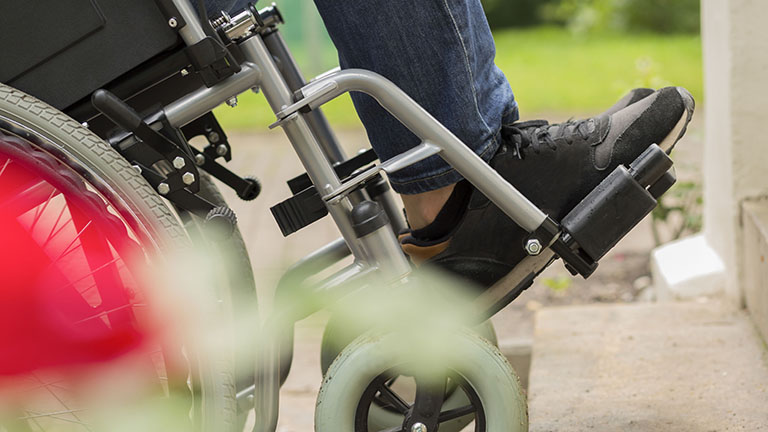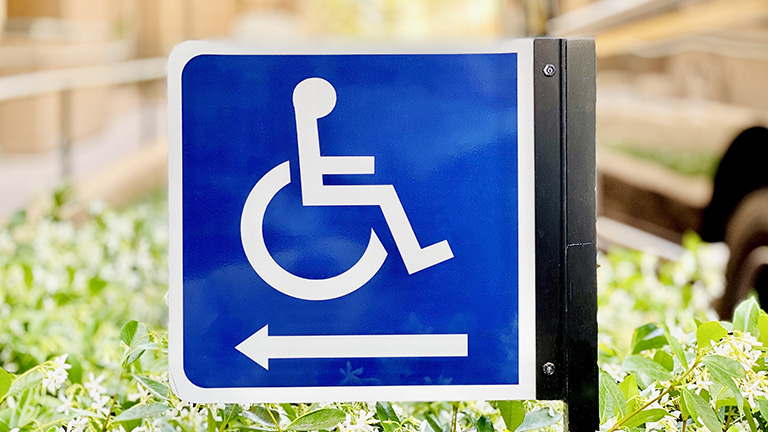Making Collaborative Purchasing Work for You
“Piggyback clauses”* have been successfully used by many public entities, including school districts, government agencies, and convention centers across the United States to acquire goods and services, including wheelchair lifts.
What is Piggybacking?
Piggybacking is the practice of a public entity using another entity’s competitive bid contract to purchase the same goods or services under the same contractual terms, usually as the result of a Cooperative Procurement effort. This practice is made possible through a clause sometimes present in competitive bidding contracts, stating that other districts, agencies, etc. are allowed to purchase additional items for themselves.
Why is Piggybacking Important?
Due to the increasing complexity of purchase requirements and intensifying company budget strains, procurement officials are compelled to seek new ways to effectively and efficiently fill the needs of their company. Therefore, piggybacking is important for several reasons:
- Piggybacking helps mitigate purchase costs, as well as administrative costs, incurred while developing and administering competitive bid contracts.
- Piggybacking ensures that other entities are able to get the exact goods or services required for their needs, rather than risk getting stuck with an inferior product.
- Piggybacking provides smaller entities the ability to acquire goods and services at lower costs and on better contractual terms than they might otherwise be capable of achieving.
- Piggybacking provides procurement officials a way to use the experience and expertise of others who have a specialized knowledge of the goods or services required.
- Piggybacking reduces the time it takes to acquire needed products or services.
What Does Piggybacking Do for Accessibility?
Piggybacking makes it easier for public entities (like school districts) to acquire accessibility equipment, such as wheelchair lifts, that fully meet an establishments needs.
How Does Piggybacking Help?
If an entity with product experience and knowledge is thorough when specifying their project needs, they can effectively exclude products that would otherwise be awarded the contract based on price alone. Furthermore, if a piggyback clause is included in the contract, other entities with similar needs can use the contract to acquire the product.
Accessibility Risks Associated with Competitive Bid Contracts
Often, an organization is required to award its contracts to the lowest bidder. This sometimes creates difficulties when trying to acquire a specific product, like a wheelchair lift, that has more than bare minimum qualifications. For this reason, the language used in a competitive bid contract for a wheelchair lift is paramount. For example, if the details regarding a project’s needs and the description of the required product are ambiguously written in a contract, an argument may be made that any wheelchair lift will meet accessibility needs, so long as it successfully transports an individual from one point to another. Such an interpretation leaves little room for variations in safety, ease of access, aesthetics, warranty concerns, etc. This results in price being the only determinant and, as a consequence, organizations often end up with wheelchair lifts that fail to meet all of their needs.
How to Piggyback?
Procedures for piggybacking differ from state-to-state and even county-to-county. In addition, the language used in a piggyback clause also influences the contract’s use. However, there are several general steps that are required:
- Analyze the contract to ensure it produces the best value;
- Compare contracts if there are multiple contracts available for the required product or service;
- Check the contract terms to see if the contract permits price, quantity, or feature, negotiation;
- Notify the contract originator of your intent to piggyback and verify your eligibility then
- Confer with legal counsel if a purchase agreement is required.
Additional Resources
To learn more about the types of wheelchair lifts and how facilities that can benefit from the use of lifts, read:
Portable or Permanent Wheelchair Lifts
Historic Renovations Without Alterations
How the ADA Affects Your Graduation
To inquire more about how to take advantage of a piggyback clause, contact Ascension.
*Neither Ascension nor its parent company AGM Container Controls, Inc. are an authorized legal representative and ARE NOT RESPONSIBLE for the use of this document’s content by any independent third party or affiliate. The content within this document is for information purposes only and SHOULD NOT be considered sound legal advice. Information provided in this document is accurate and true to the best of Ascension’s knowledge, though errors, mistakes, and omissions may be present. Parties interested in pursuing piggybacking or any other related action are strongly encouraged to contact a legal representative before proceeding.



